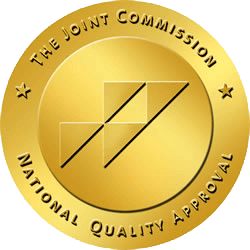If you have a teenager, you know that some challenges and joys come with this time of their life. Teenagers are in the process of…
COVID-19 has turned our worlds upside down in a split second — for people of all ages. Perhaps no change has been more disorienting than…
Teenagers are a very resilient bunch, but every generalization has exceptions. Everyone has their limits, and young people can be among the most vulnerable to…
Hearing about other peoples’ traumatic experiences can cause emotional distress and behavioral changes. Children in the US endure various traumatic experiences, including natural disasters, bullying,…
The coronavirus pandemic is impacting teens just like everybody else. COVID-19 has been responsible for the closure of schools in most states. Schools have had…
Many people are surprised when they first begin to meditate by how powerful it can be. After a bit of practice, meditation results in feelings…
Post-traumatic stress disorder (PTSD) is a condition triggered by a powerful traumatic event. While commonly associated with combat veterans, PTSD can happen to anyone who…
Although drug abuse has declined in the past 20 years (1), teens are using certain substances, like marijuana, more than ever. Mental illness and substance…
Teen depression and substance abuse are closely linked. Mental health problems can lead to self-medicating, where you use drugs and/or alcohol to alleviate symptoms like…
According to the Centers for Disease Control and Prevention, 10% of Americans report symptoms that are in keeping with diagnosis requirements for clinical depression. Depression…











